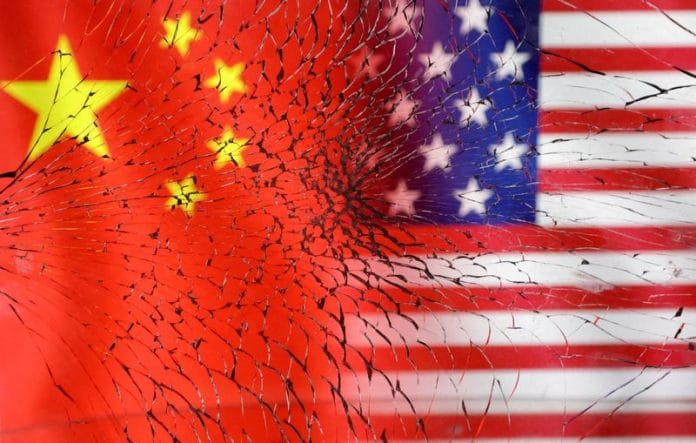By Karen Freifeld
WASHINGTON (Reuters) – New rules under consideration would restrict the flow of U.S. investments and know-how into Chinese companies working on advanced semiconductors, artificial intelligence and quantum computing, a U.S. Treasury official said on Wednesday.
Speaking before a Senate Banking Committee hearing, Paul Rosen, who oversees investment security at Treasury, said officials are working on curbing investment from the U.S. that “comes with know-how and expertise to certain specific sectors and subsectors such as advanced semiconductors, artificial intelligence and quantum computing,” citing China and its military in particular.
Reuters reported in February that the Biden administration plans to ban investments in some Chinese technology companies and increase scrutiny of others, three sources said, as part of its plan to crack down on the billions that American firms have poured into sensitive Chinese sectors.
China hawks in Washington blame U.S. investors for transferring capital and valuable know-how to Chinese tech companies that could help advance Beijing’s military.
Separately, Republican Senator Bill Hagerty asked about efforts to restrict the supply of U.S. origin goods to Chinese telecommunications company Huawei.
Exports to Huawei currently require a license. Asked about revoking these licenses, Commerce Department assistant secretary Thea Rozman Kendler said, “We do not have a draft rule at this time,” but added that “We are under deep analysis of this issue.”
Officials are closely scrutinizing a wide range of exports to China and said that last year they denied or took no action on a quarter of requests in order to stop sales that would advance Beijing’s militarization.
In 2022, 5,064 export and re-export license applications were reviewed and about 26% were denied or returned without action, Kendler said in written testimony ahead of the Senate Banking Committee hearing.
(Reporting by David Shepardson and Daphne Psaledakis in Washington, and Karen Freifeld in New York; Writing by Chris Sanders; Editing by Daniel Wallis)
Disclaimer: This report is auto generated from the Reuters news service. ThePrint holds no responsibilty for its content.






